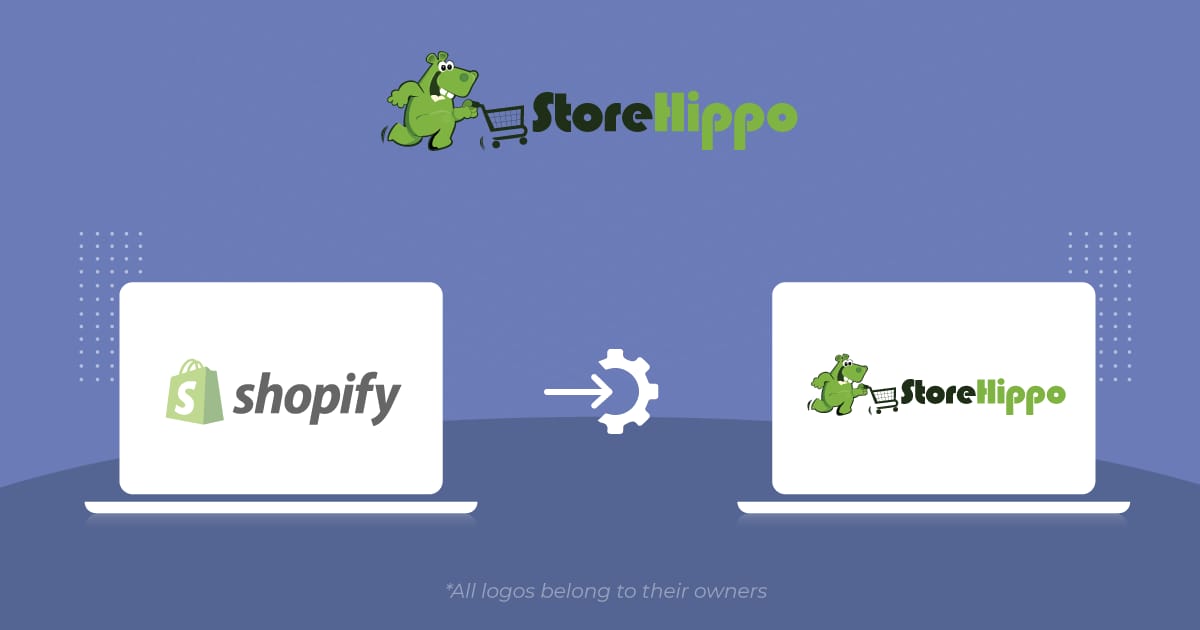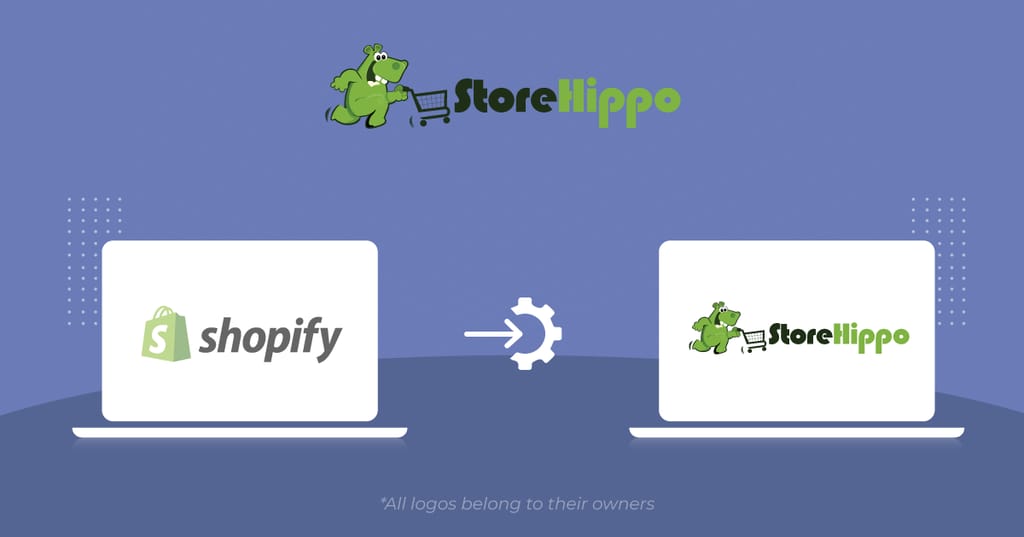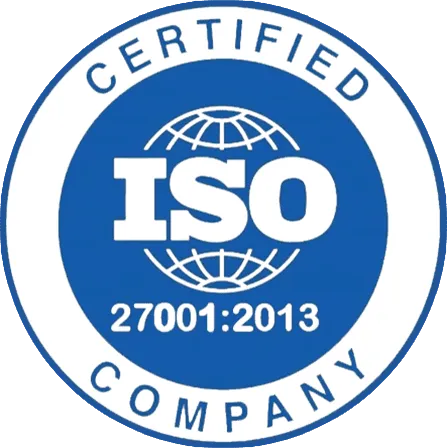So, you're on the hunt for the best D2C Shopify alternative? Well, you're not alone! With the D2C market in India projected to skyrocket to $100 billion by 2025 (yes, you read that right), the stakes are higher than ever. And while Shopify might be the go-to for many, it’s not always the magic wand that works for every business. Rising costs, scalability issues, or simply the need for something more advanced – we get it, sometimes it’s just not enough.
But with a sea of eCommerce Shopify competitor platforms out there, how do you pick the perfect one for your fast-growing D2C brand? Fear not! Let’s dive into a step-by-step guide to help you find the Shopify alternative that will truly take your D2C game to the next level.
Table of Contents
- 10-Steps to Choose The Best D2C Shopify Alternative For Your Brand
- 1. Identify Your Business Needs
- 2. Compare the Core Features of Shopify Alternatives
- 3. Look for Flexibility in Customization
- 4. Evaluate the Total Cost of Ownership
- 5. Prioritize Platforms with Multi-channel Selling Capabilities
- 6. Pay Attention to Mobile Optimization
- 7. Ensure Integration with Marketing and CRM Tools
- 8.Investigate Security and Compliance Features
- 9. Review Platform Upgrade, Maintenance and Support Options
- 10. Opt for a Platform that Grows with Your Brand
- Why StoreHippo Is The Best Shopify Alternative For D2C Brands
- Conclusion
10-Steps to Choose The Best D2C Shopify Alternative For Your Brand
Choosing the right alternative to Shopify can be a game-changer for your brand’s growth. With the right platform, you can not only align your brand for success but build efficient, innovative and tailored solutions for your business needs.
Here are the 10 essential steps to find the perfect Shopify competitor platform for your D2C business that meets your business needs and scales with your success.
1. Identify Your Business Needs
Before choosing a Shopify D2C alternative, it's crucial to clearly outline your business's unique requirements. Every Direct to Customer brand operates differently, so understanding what you need will help narrow down your options. Consider factors like scalability – will the platform support your business as it grows rapidly? Customization is key too – do you need a flexible design or advanced customization options to stand out? Budget is another critical factor, so be mindful of both upfront and ongoing costs. Additionally, mobile-readiness is essential in today's mobile-driven world – does the platform offer mobile-first designs or native apps? Lastly, assess how the platform integrates with marketing tools for seamless customer engagement and growth.
2. Compare the Core Features of Shopify Alternatives
When evaluating Shopify-like platforms, it is important to evaluate whether they are offering the same capabilities, an enterprise-level functionality, or have been tailored for smaller brands only. If your D2C business plans to expand into into diverse models, including the dealer-partnered wholesale D2C marketplace , ensure the eCommerce D2C solution you choose supports multi-vendor operations. Additionally, a mobile-first approach is critical, as most users access sites through mobile devices. Prioritize platforms that offer Progressive Web Apps (PWA) or native apps to enhance mobile experiences. Built-in marketing tools are equally vital—look for SEO optimization, marketing automation, and loyalty programs. Lastly, seamless payment and logistics integrations are crucial for smooth and efficient order fulfillment.
3. Look for Flexibility in Customization
As your D2C business grows and evolves, so should your online presence. Many D2C Shopify alternatives offer limited customization options, locking you into predefined templates that may not align with your brand's unique aesthetics or business model. It’s essential to choose a platform that offers robust flexibility and and allows you to tailor every aspect of your store. This will give your team the much needed flexibility and creative control to make diverse tweaks in flows, design, buying journey etc to cater to diverse buyer segments.
D2C platforms like StoreHippo offer in-built design tools, such as drag-and-drop feature, making it easier to create a customized site without relying on developers. Additionally, a customizable checkout experience is crucial—by offering flexible checkout options, you can significantly reduce cart abandonment and enhance the customer experience.
4. Evaluate the Total Cost of Ownership
While Shopify’s pricing may seem appealing at first, costs can quickly escalate with the addition of apps, plugins, and transaction fees. When exploring ecommerce D2C solutions as alternatives, it’s important to evaluate the total cost of ownership (TCO) rather than just the upfront price. Consider monthly subscription fees, as these can vary significantly across platforms. Keep an eye on transaction fees—platforms like Shopify often charge additional fees unless you use their payment gateway. Also, factor in the cost of essential third-party apps or plugins that might be necessary for your business. Lastly, don’t forget development and customization costs, which can add up if the platform requires heavy technical intervention to meet your needs.
5. Prioritize Platforms with Multi-channel Selling Capabilities
In today's competitive market, multi-channel selling is essential for D2C brands to maximize their reach and engage customers wherever they are. Choosing a D2C Shopify competitor with robust multi-channel selling capabilities ensures you can seamlessly sell across social media, marketplaces, and even physical stores. Look for platforms that offer social commerce features, such as integration with Facebook, Instagram, and other social media shopping tools. Additionally, marketplace integrations are crucial—make sure the platform has capabilities to integrate with different marketplaces so your direct to consumer business can sell on major sites like Amazon, Flipkart etc. Lastly, your Shopify alternative should either have its own POS or enable POS (point-of-sale) integrations to create a true omnichannel experience, enabling offline selling alongside your online operations.
6. Pay Attention to Mobile Optimization
Mobile optimization is critical for the success of D2C brands. Your eCommerce site should not only be responsive but also provide a seamless user experience on mobile devices. When choosing a D2C Shopify competitor, prioritize platforms that offer Progressive Web Apps (PWAs), which deliver app-like functionality directly through the browser, enhancing the mobile experience. Additionally, consider platforms like StoreHippo that provide in-built apps builder for both iOS and Android, and even for admins and vendors with built-in mobile apps allowing your brand to deliver a seamless mobile experience. Finally, fast loading times are non-negotiable—ensure the platform you choose is optimized for speed, as mobile customers expect quick, hassle-free browsing.
7. Ensure Integration with Marketing and CRM Tools
Effective marketing and customer management are the backbone of D2C growth. When choosing among ecommerce D2C solutions, it's crucial to select a platform that seamlessly integrates with email marketing, CRM systems, customer engagement and analytics tools. This will ensure you can effectively nurture relationships with your customers and analyse their behaviour to strategize your marketing. Look for features like real-time notifications, email marketing tools integration, automated email campaigns or abandoned cart recovery etc? Built-in store wallets are also a must, helping you reward and retain repeat customers. Lastly, make sure it integrates with popular CRM platforms to gain deeper insights into your customer base and improve engagement.
8.Investigate Security and Compliance Features
For any D2C brand, security and compliance aren’t just optional—they’re absolutely essential. Your eCommerce platform needs to follow the latest protocols to protect your customer data and ensure every transaction is safe. When exploring D2C Shopify alternatives, be sure the platform includes built-in SSL certificates to keep your site secure and is PCI DSS (Payment Card Industry Data Security Standard) compliant for safe payment processing. On top of that, don’t overlook data privacy, encryption, authentication, authorization and other security features that safeguard customer information and help build trust with your customers. In today’s world, security is non-negotiable!
9. Review Platform Upgrade, Maintenance and Support Options
Before committing to a platform, it’s important to understand how upgrades, maintenance, and ongoing support will be handled. Check if the platform offers regular updates to ensure you're always running on the latest technology without disruption. Does it handle maintenance automatically, or will you need to manage it yourself? Additionally, look into the quality of their support options—are they responsive when you need help, especially during crucial updates or issues? A D2C Shopify competitor should offer seamless upgrades, minimal downtime, and reliable support to keep your business running smoothly as you grow.
10. Opt for a Platform that Grows with Your Brand
As your D2C brand rapidly expands and disrupts the market, it's essential to choose a platform that can keep up with your growth. The ideal D2C Shopify alternative should offer robust enterprise-level tools like multi-store management, advanced analytics, and multi-vendor marketplace capabilities to support your scaling needs. If global expansion is part of your strategy, ensure the platform is equipped with multilingual and multi-currency functionality, allowing you to seamlessly serve international markets. The right platform will evolve alongside your brand, empowering you to stay agile and competitive in an ever-changing market.
Why StoreHippo Is The Best Shopify Alternative For D2C Brands
For D2C brands that are rapidly growing and looking for a flexible, scalable eCommerce platform, StoreHippo is the perfect Shopify alternative. It offers a comprehensive suite of 300+ enterprise-grade features tailored to meet the unique needs of D2C businesses, enabling them to stay ahead of the curve while capturing new markets.
Built on MACH architecture, StoreHippo is built grounds up on the mobile-first architecture which ensures an optimal shopping experience on all devices with built-in Progressive Web Apps (PWA) and mobile apps for iOS and Android.
StoreHippo's multi-store management lets you run multiple storefronts from a single platform, catering to different markets, products, or regions seamlessly. Its multi-vendor marketplace feature allows brands to onboard and manage dealers as vendors easily, making it an excellent choice for businesses looking to diversify and scale leveraging a dealer based D2C model like Mamaearth, Nykaa etc.
Future-proofing your business with multilingual and multi-currency support enables brands to expand globally, delivering localized shopping experiences. StoreHippo’s SEO friendly platform also includes advanced marketing tools, like blog engine, discount engine, dynamic marketing pages, abandoned cart follow up, real time push notifications and more, which help in retaining customers and driving growth. The flexible checkout process where you can use multiple payment options allows for customization, reducing cart abandonment and boosting conversion rates.
StoreHippo is the best Shopify competitor for D2C brands as it goes beyond just offering essential eCommerce features by providing integrated payment gateways and logistics support, simplifying order fulfillment and payment processes. Moreover, it’s built for scalability, ensuring your brand can grow without compromising performance, making StoreHippo the best D2C Shopify alternative for brands looking to disrupt the market and expand rapidly.
Conclusion
Choosing the best Shopify alternative for your D2C business requires a thoughtful evaluation of your unique needs and future growth potential. Prioritize factors like scalability, customization, cost-effectiveness, and key features such as multi-channel selling to ensure the platform you select empowers your brand to thrive. The best platform is one that not only aligns with your current business goals but also supports your long-term D2C journey, offering the flexibility and tools you need to grow and adapt to market demands.
StoreHippo stands out as the ideal alternative, providing a future-ready platform that scales effortlessly, offers extensive customization, and supports multi-channel selling. With advanced features like multi-vendor management, mobile-first architecture, and seamless global expansion capabilities, StoreHippo equips your brand with everything necessary to thrive in an evolving market, making it the best Shopify alternative for D2C businesses.
Ready to transition to power your business with the best D2C Shopify alternative? Explore StoreHippo D2C ecommerce solutions, start your 14-day free trial now.





















Leave A Comment